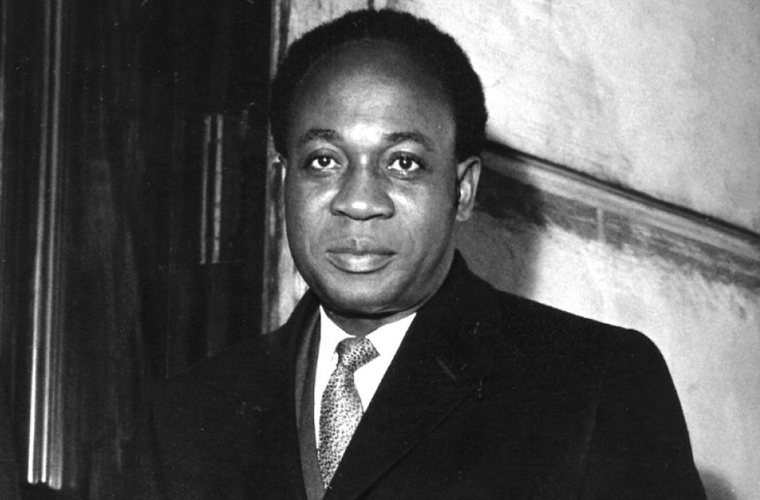Kwame Nkrumah, born on September 21, 1909, was a Ghanaian politician and revolutionary who played a significant role in the country’s struggle for independence from British colonial rule. Nkrumah was a visionary leader who advocated for Pan-Africanism and sought to unite the African continent under a common goal of liberation and development. Nkrumah’s early life was marked by a strong sense of determination and ambition. He excelled in his studies and later traveled to the United States and the United Kingdom to further his education. It was during this time that he became increasingly involved in political activism and began to articulate his vision for an independent and unified Africa.
In 1947, Nkrumah founded the Convention People’s Party (CPP), which became the leading force in the movement for Ghanaian independence. Through his powerful oratory and unwavering commitment to the cause, Nkrumah galvanized the Ghanaian people and led the country to independence in 1957, becoming the first Prime Minister and later President of Ghana. As the leader of an independent Ghana, Nkrumah implemented ambitious programs aimed at modernizing the country and improving the lives of its citizens. His government focused on infrastructure development, education, and healthcare, and sought to industrialize the economy to reduce reliance on imports.
Nkrumah’s vision extended beyond Ghana’s borders, as he worked tirelessly to promote unity and cooperation among African nations. He was a driving force behind the formation of the Organization of African Unity (OAU), a continental organization aimed at promoting solidarity and cooperation among African states. Despite his many accomplishments, Nkrumah’s leadership also faced challenges and criticism. His increasingly authoritarian rule and economic policies led to growing discontent among segments of the Ghanaian population. In 1966, Nkrumah was overthrown in a military coup while he was on a state visit to China.
Following his ousting, Nkrumah lived in exile in Guinea, where he continued to advocate for Pan-African unity and liberation. He remained an influential figure in African politics until he died in 1972. Kwame Nkrumah’s legacy continues to inspire leaders and activists across Africa and beyond. His commitment to African unity, self-determination, and social progress has left an indelible mark on the continent’s history. Nkrumah’s vision of a united and prosperous Africa remains a powerful ideal that continues to shape the aspirations of generations to come.

